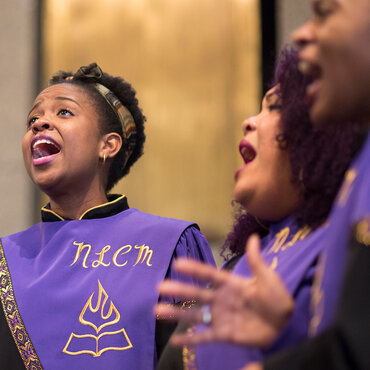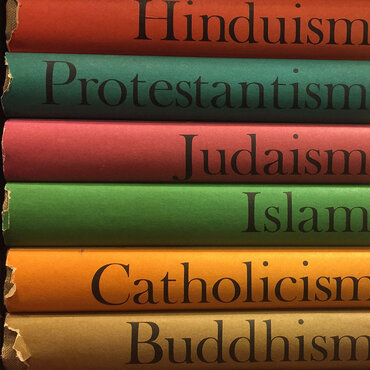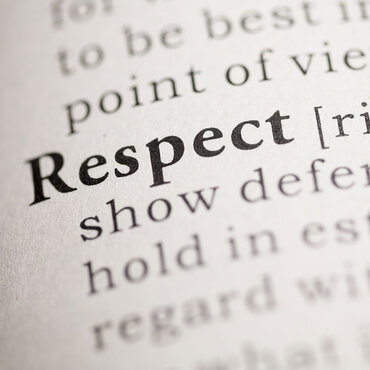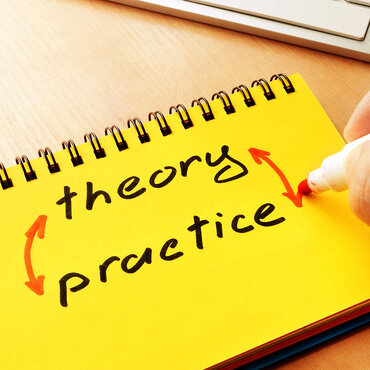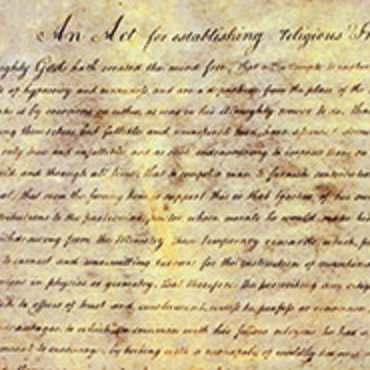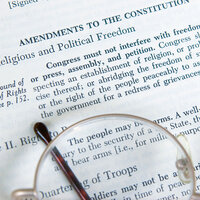
The Establishment Clause & Public Schools
The First Amendment’s Establishment Clause prevents the government from creating any law “respecting an establishment of religion” or that privileges one religion over another. This module examines the purpose and scope of the clause, what constitutes a violation of the provision, and common issues in public schools where the Establishment Clause might apply.
Get even more great free content!
This content contains copyrighted material that requires a free NewseumED account.
Registration is fast, easy, and comes with 100% free access to our vast collection of videos, artifacts, interactive content, and more.
NewseumED is provided as a free educational resource and contains copyrighted material. Registration is required for full access. Signing up is simple and free.
With a free NewseumED account, you can:
- Watch timely and informative videos
- Access expertly crafted lesson plans
- Download an array of classroom resources
- and much more!
- Religious Literacy
- Educator
Kate Soules is a doctoral candidate in Curriculum and Instruction at Boston College. Her research focuses on teachers’ professional learning and development on religious literacy and religious liberty. She has taught students from the middle school level to the graduate school level.
- Describe the purpose and scope of the Establishment Clause
- Identify common issues in public schools where the Establishment Clause might apply.
- “What the Schools Must Do” by Charles Haynes and Oliver “Buzz” Thomas
- Haynes, C. C., & Thomas, O. S. (2007). Finding Common Ground: A First Amendment Guide to Religion and Public Schools. Nashville, TN: First Amendment Center.
- Chapter 2: “Religious Liberty, Public Education, and the Future of Democracy” (pg. 9-14)
- Chapter 4: “The Supreme Court, Religious Liberty, and Public Education” (pg. 27-38)
- Chapter 16: “Frequently Asked Questions about Religious Liberty in Public Schools” (pg. 228-230)
- How does the Establishment Clause help to protect religious liberty for all in public schools?
- The line between upholding and violating the Establishment Clause can be blurry. How can you determine if a practice or activity violates the Establishment Clause? Given an example and explain your reasoning.


